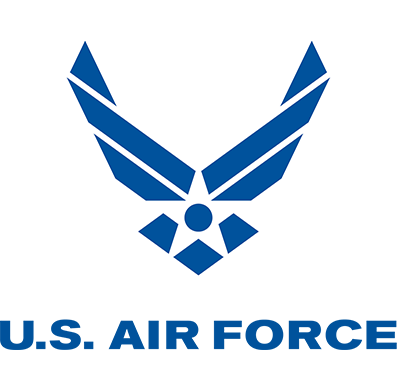Service Branches
Marine Corps Reserve
The Marine Corps Reserve is critical to the Marine Corps' ability to provide a balanced, ready force. Many Marines come to the Reserve after serving on Active Duty, as the Reserve gives them an outlet to continue serving while pursuing a civilian career or furthering their education.
Quick Facts:
- Part-time service
- 32,618 Marine Corps reservists
Serving in the Marine Corps
Service members share their views on the Marine Corps.
Length 1:22 View TranscriptTranscription
Sgt. Robert Settle: The biggest reason why I was drawn to the Marine Corps was because growing up, I always liked the challenge. And the Marine Corps was supposed to be the ultimate challenge.
Cpl. Christopher Vogt: I first became interested in serving in the Military, especially in the Marine Corps, probably when I was five years old. There’s no doubt about it.
Lt. Akhil Iyer: As I got into high school, I was looking for ways to serve. I knew I wanted to go to college as well, and saw the ROTC program as a way to not only go to college and find a way to pay for school, but ultimately to have an opportunity to serve and to lead Marines.
Lt. Kaitlin Nickelotte: I chose to do it because I wanted to lead Marines. I wanted to make a difference in their lives. I wanted to focus more on the personal aspect of that.
Cpl. Christopher Vogt: People say it’s the most elite, we’re the best of the best, and I believe all that. But I also believe that anybody who wants it bad enough can do it. You need to want to do it.
Lt. Akhil Iyer: As an infantry officer, I’ve learned, one, you’re always going to learn something every day, especially from the experience that your enlisted Marines have. Second, that you’ve really got to know your trade in and out and be confident in providing that plan, so that when you’re executing that plan people understand it and are confident.
Lt. Kaitlin Nickelotte: My favorite part is just getting to interact with other Marines, being able to share your experiences, ’cause everybody’s been all over the world.
Lt. Akhil Iyer: What excites me to be in the Marine Corps and to be an infantry officer is honestly the people around you. It’s working with the fellow platoon commanders and ultimately your Marines.
Serving in the Marine Corps
Before Serving in the Marine Corps Reserve
To become a Marine Corps reservist, an individual must be between 18 and 28 years old (17 with parental consent) and have a high school diploma. A small percentage of GED holders may be allowed to join each year, provided they score well on the ASVAB test. College students wishing to train for Marine Corps officer positions may enroll in their school's Navy ROTC program as a Marine-option midshipman or should visit their local Officer Selection Office (OSO) for information.
All Marine Corps recruits undergo 13 weeks of Recruit Training at Parris Island, South Carolina, or San Diego, California. This training is an intense mental and physical process that shapes recruits against the core Marine Corps values of honor, courage and commitment. Only the most elite make it through, and that's just the way the Marines like it.

Marine Corps Reserve Careers
As part of the world's most elite group of warriors, individual jobs take a back seat to the code of ethics that unites this force. A Marine is, above all else, a Marine. If you think this sounds perfect for you, you may want to look at the full-time opportunities in the Marine Corps.
Marine Corps Reserve Benefits
The Marine Corps is unique among Service branches in the intangible benefits it provides. Marines are paid well and receive the same health care and lifestyle benefits as other service members. However, being a Marine is not simply a job. It is a calling, and only those who prove themselves during the rigorous training have earned the right to wear the uniform.
Types of Military Service
The U.S. Military consists of six active-duty Service branches and their respective Guard and Reserve components. Together, they offer a broad variety of ways to serve.













